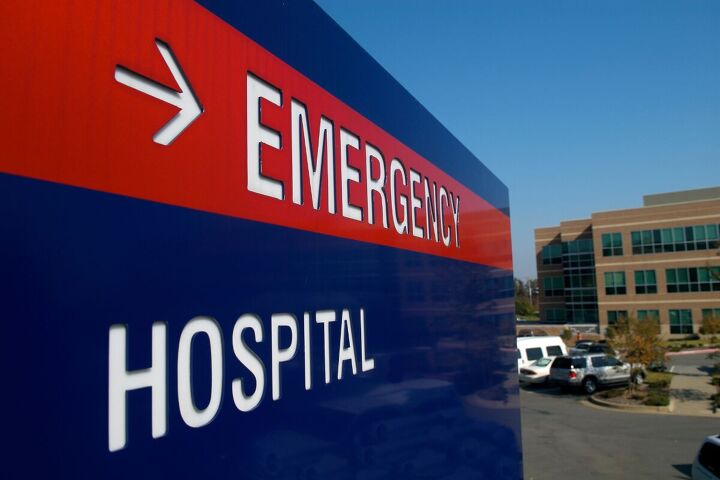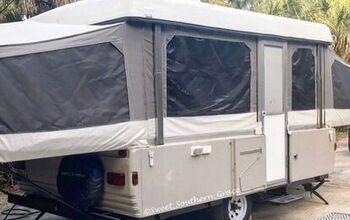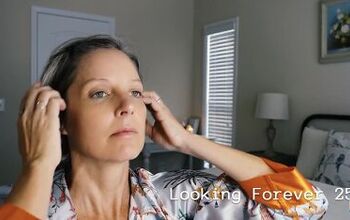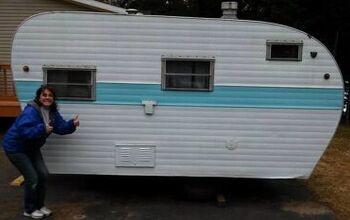What You Need to Know About Full-Time RV Living & Healthcare

Today we are discussing full-time RV living with health and medical concerns. I have type one diabetes. I've had it since I was 19 years old. Our oldest daughter was diagnosed with type one diabetes at three and a half, so we have concerns on the road with living with such a chronic disease as type one diabetes.
RV health insurance
The thing we want to talk about is health insurance. Our daughter has insurance through Pennsylvania, where any child with type one diabetes is fully covered under the state through Medicaid. Her insurance is state-based.
My insurance is nationwide insurance. So we have some experience with both. Type one diabetes is a costly disease to manage. There are many medications and devices, and keeping up with the organization of getting the medication and supplies is pretty stressful as well.
RVers with young children
There are yearly things that the kids need checkups on. There are dentists, vision, and yearly wellness visits. I make appointments a year or six months in advance because I know where we'll be when we plan our route.
Having a home base or someplace you know you'll return to at least once a year makes that really easy. Plan your route to be where your children's doctors are. Especially with state-based insurance, you must be back in that to do that.
Unplanned injuries and illness
When traveling with families, things you don't plan for will happen. There's always the ER for the big stuff you never want to deal with. There are ERs everywhere, so there are hospitals everywhere.
It is very good to know where the nearest one is because we've been in some pretty remote places where it would be a long drive if something had happened.
The next step down, I guess, would be urgent care. That's all those walk-in places with ridiculous wait times, but you can get seen and get fixed to a point, and then below that is something newer like the minute clinics. Be aware of how far away you are from medical services.
Prescriptions
I have high blood pressure, so I take medication daily for high blood pressure. It's not a difficult drug to get, and all I had to do when we were on the West Coast this summer was call in and say I needed a prescription.
Can you send it to this address in California or Washington? It was easy to send it to CVS, Walgreens, Walmart, or anything that's a national chain.
We first checked with our insurance to see which big national chain can we get our prescriptions through, whether it was Walgreens, CVS, or Walmart.
Getting insulin and medications was one of our biggest concerns. Without insulin, we can't live. It needs to be refrigerated, so it's tough to ship it. When you do have to ship it, it can be very expensive.
No matter where we are in the country, as long as we are near a CVS, we can pick up our prescriptions and not have to worry about refrigerating them, being shipped, sitting out in hot weather, and being in remote places.
Regarding insulin for our daughter, the statewide insurance will not allow us to pick that up outside of the state of Pennsylvania. We made sure to plan, knowing that we would be gone for a specific amount of time, to be able to get by and have enough for an emergency.
Health equipment
I can have anything shipped anywhere in the country for my nationwide insurance. For our daughter's state-based insurance, some things must be picked up in Pennsylvania. Now, there are ways around that.
My mom and dad still live in Pennsylvania, so they will go and pick up prescriptions that we may need, and then we gather them. It allows my mom to get a box together and put some of those supplies in there.
Telehealth
The final level of getting care is telehealth and remote medicine; that's also a relatively new thing, like the Minute Clinics. Through our nationwide insurance, where I have Anthem, they have a dial-a-nurse thing, and you can do face-to-face checkups.
Call a doctor, explain your symptoms or whatever's going on with your kid, and they will send you a prescription.
You're going to have to know if your insurance does that or if your specific doctors do that. From a general medicine, general practitioner point of view, it's been pretty easy.
However, for the diabetes side of things, it can be a little trickier because they need to know your history, your background, and your data, and you can't just jump from an endocrinologist to an endocrinologist.
We just had to be upfront with our doctors and just say, hey, this is the lifestyle that we're choosing to do. We plan on being back in the state for in-person checkups every six months or so. Can we send messages and send in data to make changes to our medical care?
Route planning
We have a few rules for the planning of our route. One is we can't not be within 15 minutes of a Target for longer than two weeks so we can get insulin. We like to be somewhere at least once a month that's just not in the middle of nowhere so we know if we have to refill prescriptions, we can.
We are headed out west this year, and we are a little nervous for a lot of reasons. We do know that we're going to have to boondock here and there in order if we want to see the things that we want to see.
So it has kind of pushed us to get a generator and just be prepared for any situation because the insulin staying cool is the number one thing.
Full-time RV living and health
Full-time RV living is rewarding, but it can have challenges. How do you plan for health management when you're RVing? Share your strategies in the comments below.























Comments
Join the conversation